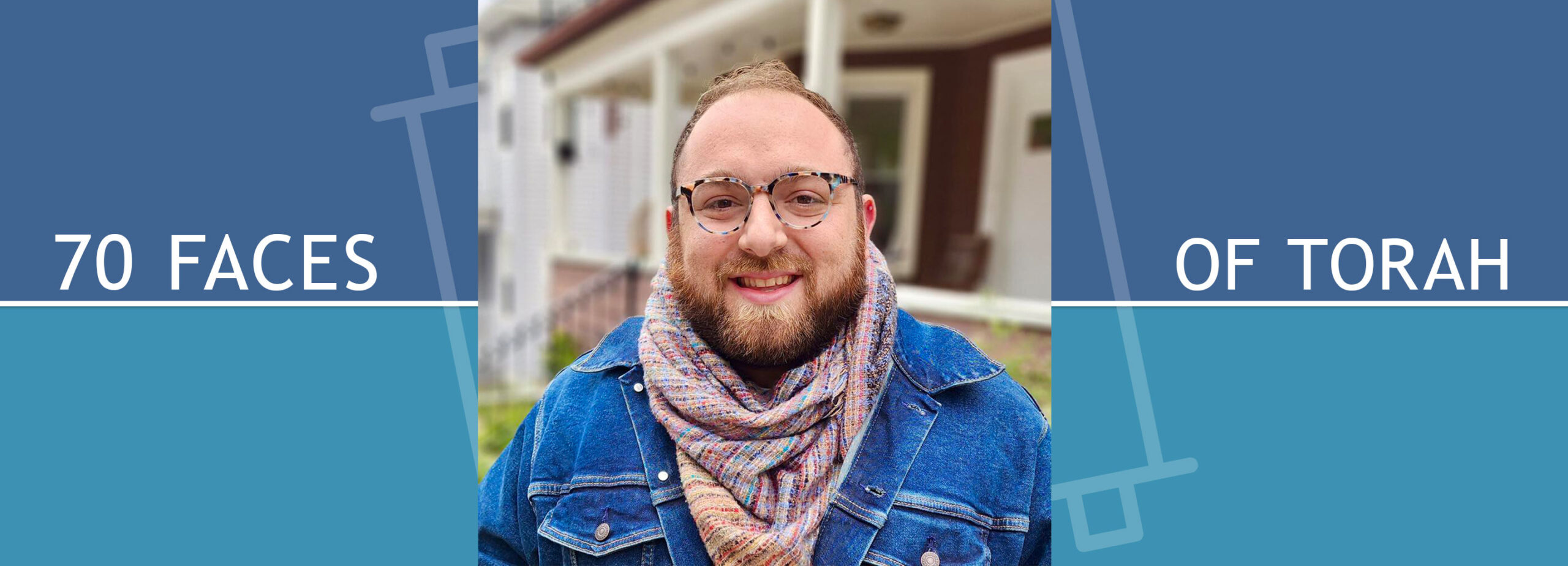Jewish learning What If?

Parashat Vaetchanan (Deuteronomy 3:23-7:11)
I have a tendency to think of all the worst case scenarios that might come up in any given situation. Going beyond protectiveness and anxiety, my precautions tend to veer onto the side of severe. Once a troubling thought grips me, I find it difficult to be rid of its grasp—even for a moment.
Once, while listening to me express my fears over a given situation, a friend responded with the simple words:
“But what if everything worked out?”
Asking this question was—and is—a worthwhile thought experiment. What if everything did work out? What if the fears and anxieties of hypothetical situations could be made positive? What if all the negative outcomes I foresee were wholly imaginary? I’m not making a pollyannaish plea as to how one should conduct themselves, but rather, I’m advocating for entertaining the possibility of things going well, alongside the same consideration of them not working out. This playfulness allows for us to moderate our expectations in both directions.
It’s that same spirit that I propose we embrace as we welcome Shabbat Nachamu—the Shabbat of Comfort—which always coincides with Parashat Va’etchanan. Mishna Ta’anit teaches us that, “When the month of Av begins, we diminish in joy,” as we make our way through the saddest period on the Jewish calendar. This period encompasses The Three Weeks preceding Tisha B’Av, which begin with commemoration of when the Romans breached the walls of Jerusalem. The Three Weeks in turn include the Nine Days—the beginning of our formal mourning, which in turn includes Tisha B’Av—the ultimate day itself. Each period holds increasing strictures and increasing sorrow—the more diminished the joy. Tisha B’Av, with its commemoration of various tragedies that have befallen the Jewish people, requires a built-in consolation to the Jewish calendar, and so there is Shabbat Nachamu, which is the first Shabbat after Tisha B’av. There is a recognition of the need for comfort after the low that we have just communally experienced. The existence of Shabbat Nachamu reminds us that though we may live in a time that seems hopeless and beyond despair, we also have the power to create a holy time, which offers the possibility of hope and of being consoled with the prospect of brighter times ahead.
The name of Shabbat Nachamu comes from the haftarah reading from this week, which comes from the prophet Isaiah’s words, “Comfort, comfort my people, says God.” The question remains: aside from the haftarah, what is so comforting about Parashat Va’etchanan? I would argue that Va’etchanan itself contains a scene of consolation. The parashah provides a model of what it could look like if we believed that everything could work out.
The parashah opens with Moses retelling the Israelites a story. Not quite a calming and comforting bedtime story, it is a dramatic tale of him speaking with God pleading to be let into the Land of Israel. God denies Moses’s request, but does grant him the chance to look out and survey the land. God then instructs Moses to encourage Joshua as his successor. Moses doesn’t get exactly what he wants—the chance to cross over the Jordan River, but he does receive the reassurance that he needs that the people will be in good hands. And he sees the beauty in what they are about to inherit. Perhaps, we can imagine Moses thinking, everything will work out.
Now, the story of the Israelites upon entering the land is far from calm, but that’s precisely the point that the month of Av presents to us. There are moments in our lives that are so low that we wonder how we can ever crawl out of them and there are moments that are so high that we hope to always stay in that realm of positivity. Shabbat Nachamu is the day in the Jewish calendar that we can live in the in-between state of coming from sorrow and heading towards joy. Consider that one of the most joyous days in the Jewish calendar—Tu B’Av, a Jewish Valentine’s Day of sorts—also appears in our month of Av. It is no coincidence that Shabbat Nachamu and Tu B’Av come after Tisha B’Av. This teaches us that both the lows and the highs can coexist, but they need an intermediate stage. We need that step to establish our hope that things can be good. Because, after all, what if everything really did work out?
Please email the author to provide feedback.
Rafi Ellenson (he/his/him) is a poet, the rabbinic intern at Shir Tikvah in Minneapolis, MN, and a fourth-year student at the Hebrew College Rabbinical School.

